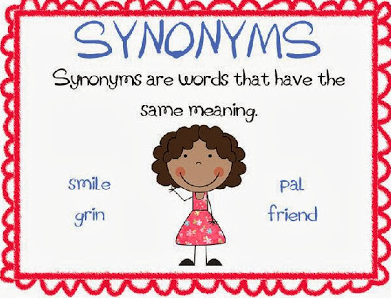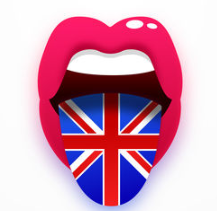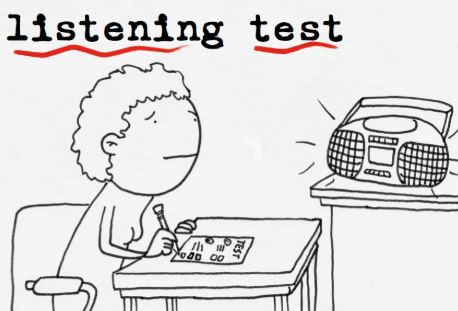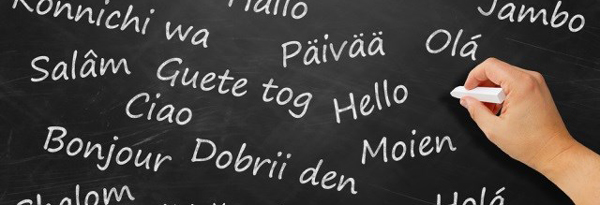▮ Synonyms (同義語)で語彙力をアピール!

TOEFL テストでは、
留学に必要な語彙力なくしてスコアアップは絶対にありえません。
全てのセクションで語彙力は必要ですが、
スピーキングテストでは、
同じ単語を繰り返さずに話すことで語彙力を示せます。
また、設問の単語をそのまま使うのではなく、
話しの中で、より適切な単語に替えて
話をすることでも語彙力を大いにアピールできます。
このように、TOEFL スピーキングのスコアアップのカギとなるのは
同義語「synonyms」にあると言っても過言ではありません。
使う単語は、話す相手やシチュエーションによっても変わります。
よりカジュアルでくだけた単語が良い場合もあれば、
フォーマルな場で適した単語もあります。

例えば“make a mistake” “ We’ve all done it “
このフレーズを考えてみてください。
もし、”make a mistake” をライティングで使うときには、
”make” の代わりに”error”を使うことができるかもしれません。
スピーキングで使うときは”mess up”がより適切な表現かもしれません。
語彙力とは、単に単語たくさん覚えるだけでなく、
適切に使いこなせるかも重要です。
▮ 繰り返しを避ける
Synonyms (同義語)を使うことは、
すなわち同じ単語を繰り返し使わないことを意味します。
同じ単語を繰り返すことで、採点官を退屈させてしまい、
評価が下がります。
また、やさしい単語ばかりを使った話は、
より的確な単語を知っている者からすれば、
内容が伝わりにくくなってしまいます。
▮ TOEFL スピーキング Question 1
設問
In America, customers can return a purchased item for a full refund within thirty days.
Do you agree or disagree with this policy ?
Develop your position with illustration and reason.
“アメリカの消費者は30日以内であれば、返品することで商品代金が全額戻る”
あなたはこの制度に賛成ですか? 反対ですか?

この設問に対しての解答で、導入部分(Introduction)を使って、
Synonyms (同義語)を説明してみます。
導入部分(Introduction) では、あなたの立場を明確にしなければいけません。
Personally, I think that customers should be allowed to return purchased items for a full refund within thirty days.
下線Personally は、以下の同義フレーズを使って表現できます。
In my opinion,
As far as I’m concerned,
In my experience,
In my view,
In my estimation,
From my perspective,
Personally speaking,
Personally, I think that customers should be allowed to return purchased items for a full refund within thirty days.
下線think that は、以下の同義フレーズで言い換えができます。
- In my experience, I feel that customers should be allowed to…
- In my view, I post that customers should be allowed to…
- From my perspective, I contend that customers should be allowed to …
- Personally speaking, I believe that customers should be allowed to …
- In my estimation, I postulate that customers should be allowed to …
- From my perspective, I reason that customers should be allowed to …
このように、Synonyms (同義語)を文章の中で覚えておくことで、使える表現が増えていきます。
また、あなたの語彙力を採点官にアピールすることができます。
まずは無料体験レッスンへGO! 登録はこちらから
























